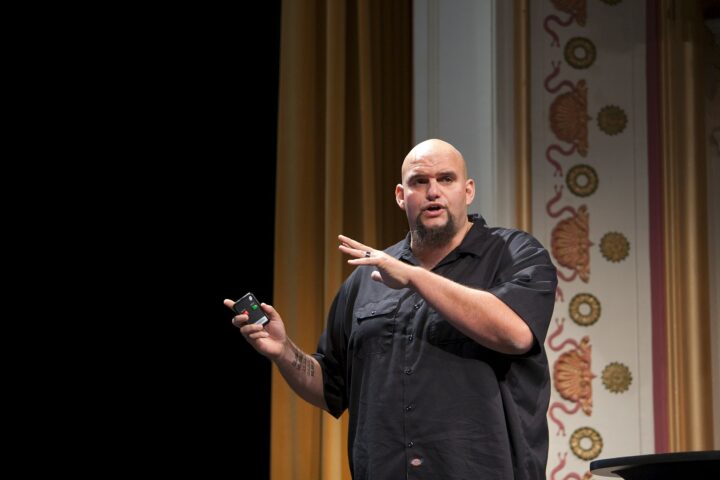In a striking commentary over the weekend, The Wall Street Journal reportedly endorsed FBI Director Kash Patel and his deputy, Dan Bongino, for embracing a more traditional, establishment stance in the ongoing Jeffrey Epstein matter—praising their shift toward due-process and institutional trust.
Once among the most vocal skeptics of the federal investigation, Patel and Bongino earned notoriety by amplifying suspicions of a hidden “Epstein client list” involving high-profile individuals.
Their alarms resonated across the conservative base, inciting widespread distrust of the Justice Department.
But last week’s DOJ and FBI memo, affirming that Epstein died by suicide and that no credible evidence supports a broader criminal network or concealed dossier, marked a turning point in the investigation and a major break with much of the MAGA base.
Rather than retreating, Patel and Bongino accepted the findings, commending the agencies for exhaustive investigation and due diligence.
In its editorial, the Journal welcomed their new attitude as a sign of maturity and leadership, noting that their acknowledgment of official conclusions added gravitas to the DOJ’s work.
The piece framed their change as emblematic of populist figures entering institutional responsibility.
“Welcome to the establishment,” the Journal declared—not as critique, but as recognition.
It emphasized that the duo’s alignment with alleged due-process helps restore confidence in federal institutions, which had been eroded by unchecked conspiracy claims.
The praise highlights an evolving dynamic within the conservative movement.
While Patel and Bongino once channeled populist rage toward alleged cover-ups, their current posture—suggesting that institutions function when evidence is followed—positions them as bridge-builders between skeptical conservatives and American governance.
Supporters view the shift as akin to a respected player joining the game rather than casting stones from the sidelines.
Their acceptance of procedural outcomes, even after stoking raw suspicion, underscores a belief that evidence-backed conclusions can coexist with accountability.
Detractors, however, warn that abandoning the MAGA base on what had long been a key plank of the Trump 2024 campaign: releasing the full Epstein files could be disastrous for the movement in the long run.
Patel and Bongino—once anti-establishment insurgents—appear to have recalibrated their public posture. Now, they advocate for transparency within institutional frameworks rather than rallying against them, a key sign that they may have actually become the establishment they long railed against.
As the Epstein saga fades from public attention, this episode reflects larger tensions shaping the future of populist conservatism. Will the movement tilt toward institutional integration and political influence, or splinter along lines of radical transparency and grassroots distrust? Only time will tell.
[READ MORE: Tokyo and Seoul Scramble as Trump’s Tariff Deadline Looms]







